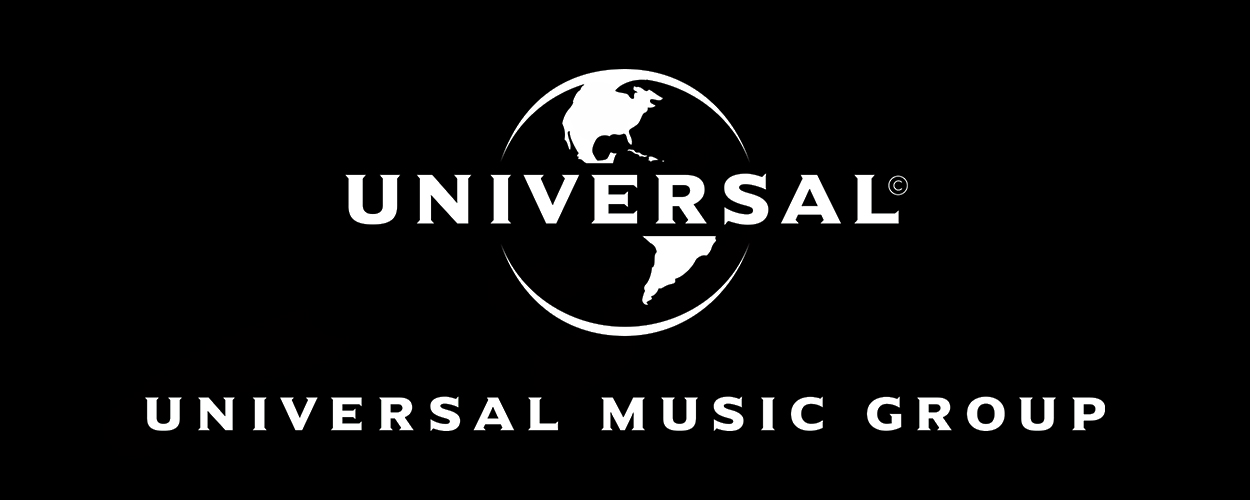This website uses cookies so that we can provide you with the best user experience possible. Cookie information is stored in your browser and performs functions such as recognising you when you return to our website and helping our team to understand which sections of the website you find most interesting and useful.
Business News Labels & Publishers
Universal Music publishes its first financial report as standalone company – it’s all growth, growth growth!
By Chris Cooke | Published on Thursday 28 October 2021

Universal Music published its quarterly financial report yesterday. It was pretty much the same as every other major label quarterly financial report these days – you know, “woo, look at us, doing so well on the back of the streaming boom, aren’t we clever?”
Except that this was Universal Music’s first financial report as a standalone business directly listed on a stock exchange, which heightened interest in what the major had to say. It also meant that we got a bit more information about what’s happening at the music firm compared to when its stats were bundled into the quarterly reporting of a parent company.
In summary, “woo, look at us, doing so well on the back of the streaming boom, aren’t we clever?” Revenues for the third quarter of 2021 were up 16.1% year-on-year to 2.15 billion euros. Meanwhile, total earnings (before taxes and interest and all that jazz) were up 12.1% year-on-year to 426 million euros. How very clever.
In terms of a breakdown, recorded music revenue was up 15.5% year-on-year to 1.71 billion euros. Subscription streaming continues to power that growth, although – echoing Spotify’s latest financial statement – Universal also reported that income from ad-funded streaming is experiencing decent growth. And physical revenue was up 8.9% too, thanks to the ongoing vinyl revival and some direct-to-fan good times.
Universal’s music publishing business also had a good quarter, with revenues up 19.8% to 363 million euros, despite the songs side of the industry being much more affected by the COVID pandemic. The major said that increases in digital income, the timing of some society royalty distributions and recent expansions of Universal Music Publishing’s catalogue all helped with that growth.
The secret of all this success? Well, in his statement to investors, Universal Music boss Lucian Grainge said that it started with all the great music created by the gifted artists and songwriters the major works with. But it also required the hard work and investment of companies like, you know, Universal Music.
After all, Grainge added, with 60,000 new tracks uploaded to Spotify every day, clever marketing is key to standing out from all the noise. Just like the clever marketing undertaken by Universal’s many labels. Which is true, of course, especially when it comes to the new artists and new releases Universal is pushing out into the world.
Although, when it comes to the vast catalogue that is now the bedrock of the companies like Universal – it has “the world’s deepest and widest catalogue”, Grainge bragged yesterday – maybe the secret to all this success is a bit different.
Maybe with the all important catalogue, all this success was really achieved by the great music created by the gifted artists and songwriters the major works, and Universal Music sitting on the sidelines waiting for a company like Spotify to come along with a business model that would turn all that old music into a cash cow.
True, the labels had to license the streaming services, and digitise their recordings, and reinvent the way they market their catalogues. But really, the big surge in the value of old music is a happy quirk of a business model created within the digital sector, and where the logistical and transactional barriers of exploiting catalogues are removed.
Which, of course, means that while all these growth figures should please investment types, they will only increase the calls within parts of the wider music community for more of that surging value in catalogue recordings to be shared with the gifted artists that made them, most of whom are stuck in bad of record deals paying physical era royalties and applying physical era deductions.
Not that Universal Music has shown any willingness to budge in any way in that domain to date, even as its main rival has been making some gestures to appear more artist friendly. Although it has just signed up as the first corporate sponsor of the new WIPO For Creators initiative that “aims to ensure that creators around the world are recognised and fairly rewarded for their work by increasing knowledge and awareness of their intellectual property rights”. So that’s nice.
Presumably that won’t include too many guides or videos explaining the proposed copyright reforms that would empower artists to grab a bigger share of the monies generated by their newly lucrative catalogue recordings. But whatever, look at all that revenue growth and all those lovely profits. Well done Universal Music! Look at you, doing so well on the back of the streaming boom, aren’t you clever?





